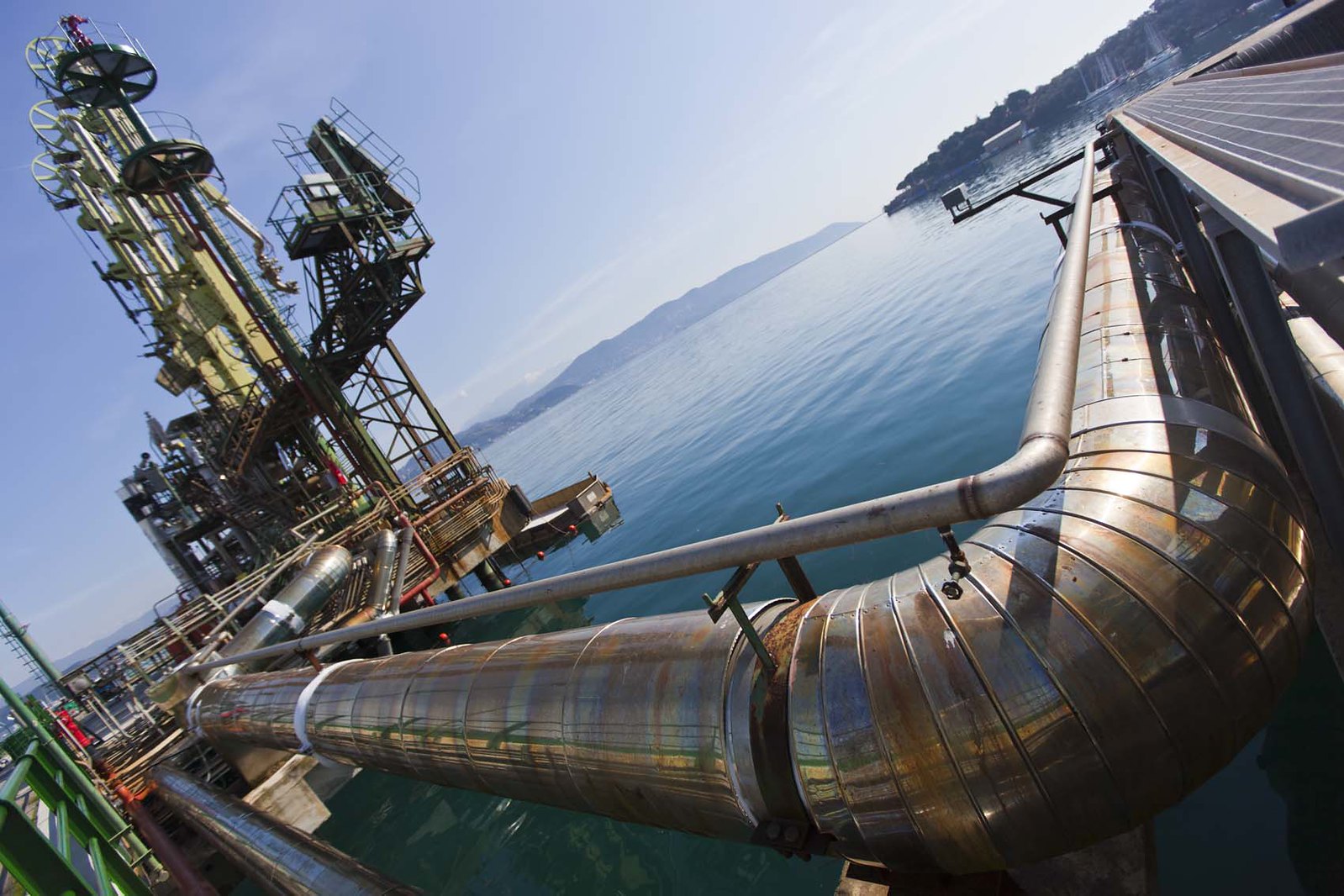Can Europe do it without Russian gas?

Gritting its teeth and its belt, Europe can survive for a few months without Russian gas. In the long run, there are solutions. The problem is in the medium term
Qatar and Japan were the two main pieces of the United States plan to guarantee sufficient volumes of gas to Europe in the event that Russia – either as a result of the fighting in Ukraine, or in retaliation towards sanctions – were to limit or eliminate flows. With a share of around 40 per cent of the total imports, Moscow is the largest gas supplier in the European Union, which is dependent on it. And worse still, it is in no position to replace it.
The possibility that Russia, in response to the harsh sanctions imposed by the West for the invasion of Ukraine, will decide to "turn off the gas taps" exists, although the move could prove counterproductive. Its GDP in fact depends on the sale of hydrocarbons, and the European market is the main destination. On the other hand, with the attack on Kiev the Kremlin has shown that it does not pay too much attention to the economic repercussions. In short, it could do the same with gas, sacrificing revenues in order to inflict very heavy damage on the Union, further exasperating its internal divisions (not all members depend on Russian fuel in the same way ) and perhaps cracking the punitive compactness that emerged in the last days.
WHAT EUROPE CAN DO
Despite undoubted suffering, Europe would be able to survive the winter without Russian gas: it will be able to draw on stocks (30 per cent full, on average) and, in some cases, on strategic reserves; may order the limitation of industrial demand; and may increase imports of liquefied gas. The drying up of storage and restrictions on use, however, would push gas and electricity prices even more, pushing up the rate of inflation, damaging the competitiveness of companies and undermining the purchasing power of the population.
THE PROBLEMS OF LIQUEFIED GAS
As for liquefied natural gas, or LNG, there are two problems: the first is its availability, the second is the European capacity to receive it. Liquefied gas, as the name suggests, is brought to a liquid state and moved by ship; once it reaches its destination, in order to be fed into the network and used for heating or to generate electricity, it must first be brought back to its gaseous state through special plants called regasifiers. The European regasification capacity is not high, but given its under-use it would be able to handle larger volumes. The problem, however, is that this capacity is concentrated in a few countries, especially in Spain and to a lesser extent in France; then in Italy. Germany, the first European economy, has none at all. It follows the need to distribute it, but the Spanish system is scarcely connected to the continental one; not to mention that mutual solidarity, in a moment of crisis, could fail.
The real problem, however, is on the supply side. The main LNG exporters in the world, from America to Qatar, are unable to increase its availability on the market. Not because they can't produce more, but because they couldn't market it: their export capacity is practically saturated, and it takes years to expand. The Qatari Minister of Energy was clear : no LNG producer has enough volumes to completely replace Russian volumes in Europe.
JAPAN CANNOT SAVE US
The European Union will not be able to count on the help of Japan , which is not a producer but the second largest buyer of LNG in the world. Tokyo has an internal energy demand to satisfy, and then – even if it wanted to – it buys the fuel through long-term contracts with clauses that prevent the gas still traveling on the ship from being redirected to other destinations. These narrow margins do not allow him to help Europe. At the American request, it sent loads to the Old Continent, but they were foreseen by a joint venture with the French company EDF; there will be no others, it seems.
The global trade in liquefied gas takes place within long-term contracts, and what remains outside the norm usually goes to Asia, where prices on the local market are generally higher than in Europe and therefore cheaper. There has been a draw in recent months, but competition for supplies – China, in particular, buys a lot of LNG – is strong.
THE PROBLEMS OF OTHERS
In short, there will be little gas via LNG carrier, and what there will be will cost a lot. Europe cannot even rely on suppliers via pipelines – such as Algeria and Norway – because they too already produce and export to the maximum. In the Netherlands there is the large Groningen field, but expanding operations would increase the seismic risk.
THE QUESTION OF THE MEDIUM TERM
Despite the impossibility of accessing additional volumes of gas, Europe could still survive without Russia for a short period of time. In the long term, there are solutions: greater diversification of sellers and energy mixes, accelerating internal fossil and renewable production. The real problem is in the medium term: how (and from where) to replace that 40 per cent to guarantee the energy needs of families and businesses, should the Kremlin's hypothetical “closed taps” policy last until next winter?
This is a machine translation from Italian language of a post published on Start Magazine at the URL https://www.startmag.it/energia/europa-gas-russia-alternative/ on Sun, 06 Mar 2022 07:24:41 +0000.
